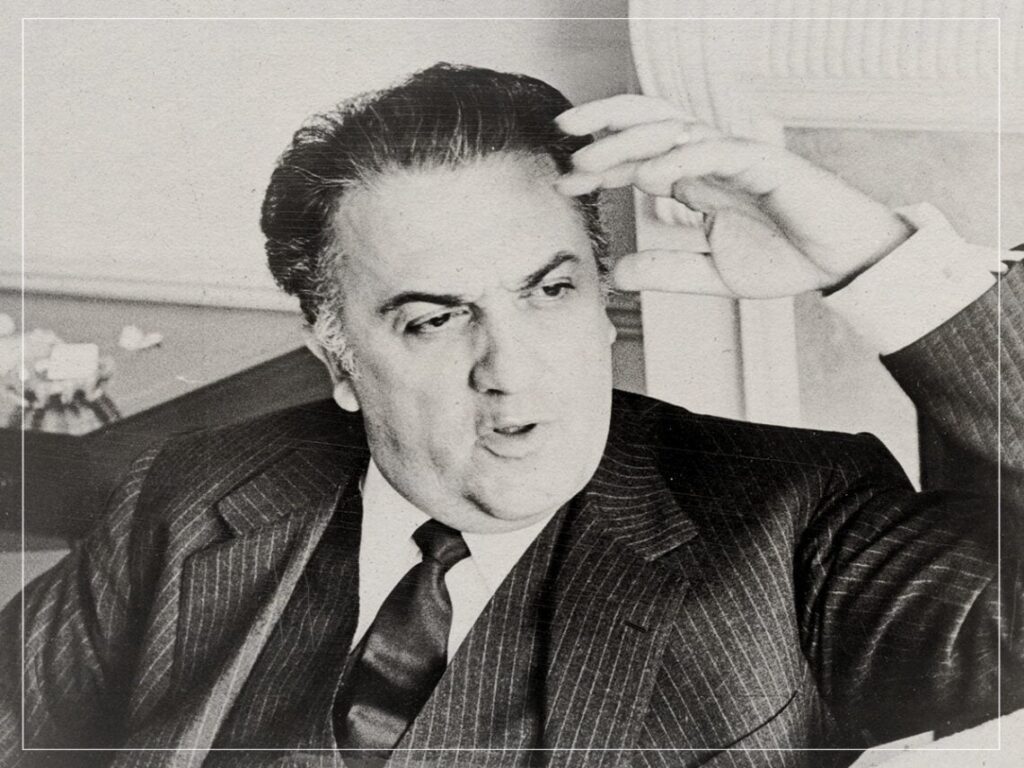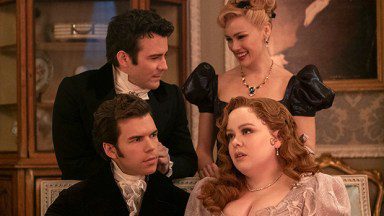Federico Fellini once named “the greatest living example” of what cinema should be
 Posted On
Posted On
(Credits: Far Out / Walter Albertin, World Telegram staff photographer)
Eating, sleeping, breathing, and living cinema in every moment, awake or asleep, isn’t an obligation, but it’s no coincidence that many of the greatest auteurs dedicated every fibre of themselves to the art of the moving image, with Federico Fellini prime among them.
One of the most transformative figures the industry has ever seen, Fellini’s filmography was more a life’s work than a profession that kept him gainfully employed and plenty occupied for decades, with his artistry influencing and inspiring the generations who attempted to follow in his wake.
Emerging towards the end of the Italian neorealism boom, the filmmaker carried on in that proud tradition by keeping his finger firmly on the pulse of the nation but injecting his stories with visual, artistic, and thematic sensibilities that were distinctly his own. However, the best art is always universal, elevating Fellini to the status of an international icon.
A master of the baroque, Fellini specialised in extravagant and exuberant tales that were feasts for both the eyes and mind, with everyone from Martin Scorsese and Greta Gerwig to Tim Burton and David Lynch viewing him as a formative presence in their filmic upbringing and evolution, which speaks volumes to the shadow he cast over the past, present, and future of celluloid.
And yet, despite his larger-than-life personality and fondness for taking cinematic flights of fancy, he wouldn’t call himself the embodiment or definition of what it means to be an auteur. However, he did bestow that lofty moniker on one of his contemporaries, even if he’d only ever seen one of their movies by that stage.
Casting his eye far and wide over the landscape in a 1966 interview with Playboy, Fellini was asked if he was familiar with the work of Akira Kurosawa. Surprisingly, the only one of the Japanese maestro’s credits he’d gotten around to watching was Seven Samurai, even if that was more than enough to have him bowing down to another one of the all-time greats.
“I think he is the greatest living example of all that an author of the cinema should be,” he offered. “I feel a fraternal affinity with his way of telling a story.” That’s quite the compliment to lavish upon somebody when you’ve only seen a single one of their features, but it wasn’t exactly unearned.
Even somebody who’d never heard of Kurosawa, never mind seen any of his films, could be plonked down in front of a screen, instructed to watch Seven Samurai from beginning to end, and be left with absolutely no doubts whatsoever that this was a seminal work of cinema created by one of the greatest minds to ever step behind a camera.
Fellini didn’t even need to be exposed to the remainder of his back catalogue to no that, and it wasn’t required when Kurosawa is undoubtedly one of the most monolithic names the medium will ever see.
[embedded content]
Related Topics


